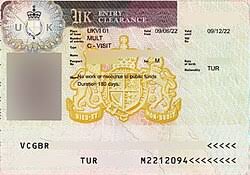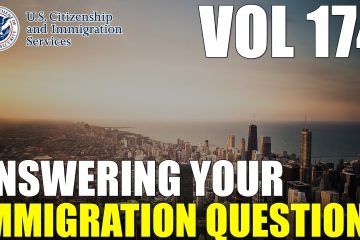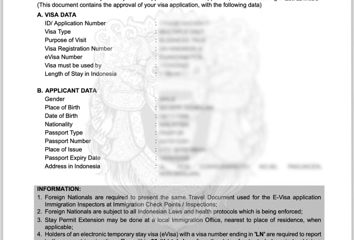A Comprehensive Guide to UK Visa Regulations

Introduction
The United Kingdom’s visa policies play a crucial role in shaping immigration, tourism, and international business. With its diverse culture and robust economy, the UK continues to attract individuals from around the world for work, study, and leisure. As the landscape of both global travel and immigration evolves, understanding the current UK visa regulations becomes essential for prospective travellers and immigrants alike.
The Latest Developments in UK Visa Policy
In recent months, the UK government has made significant updates to its visa policies. One notable change is the introduction of the ‘Global Business Mobility Visa’ which aims to facilitate international businesses in relocating staff more efficiently. This visa category, established in early 2023, allows companies to send their employees to the UK for short-term assignments or to set up new business operations. Additionally, the Student Visa route has seen an increase in interest due to recent relaxation of conditions for international students, encouraging a greater influx of overseas scholars.
Type of UK Visas Available
The UK offers various types of visas tailored to different needs. The most common include:
- Work Visas: Targeted towards skilled workers, this category includes the Skilled Worker Visa, enabling businesses to employ overseas professionals to fill specific roles.
- Family Visas: Allowing individuals to join family members in the UK, these visas cater to partners, children, and other dependent relatives.
- Tourist Visas: The Standard Visitor Visa permits individuals to travel to the UK for leisure, business meetings, or family visits for up to six months.
- Student Visas: These visas facilitate international students wishing to study at UK institutions, with options now expanding for long-term stays.
Impact of Global Events
The ongoing shifts in geopolitical dynamics, notably post-Brexit, have prompted the UK Home Office to continually reassess its visa regulations. The UK has recently focused on attracting skilled labour, and the new points-based immigration system introduced in January 2021 marks this strategy. More recently, the UK’s response to international challenges such as the COVID-19 pandemic has also influenced visa processing times and application procedures, leading to an increased backlog that has been addressed with expedited measures.
Conclusion
As the UK continues to evolve as a destination for work, study, and tourism, understanding the nuances of its visa regulations remains vital. Potential applicants should keep abreast of changes and updates that may affect their travel plans. With growing opportunities and adjustments to policies aimed at welcoming international talent, the future of UK visas promises to remain dynamic. For anyone contemplating a move to the UK or planning a visit, thorough research and preparedness can help navigate the complexities of the visa application process.








